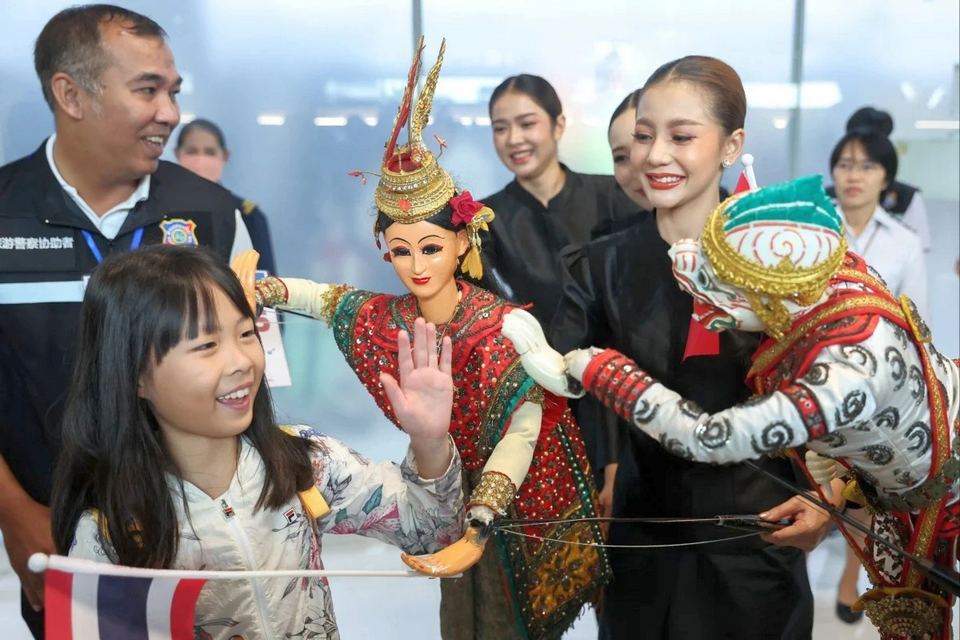
Following prime minister Srettha Thavisin’s announcements to boost foreign tourism to Thailand, 80 percent of holiday arrivals no longer require a prior visa or a visa on arrival. They have become visa exempt, or visa free, travellers as far as Thailand is concerned. Although the nationals of half the countries in the world still do need visas for any visit, they by and large provide miniscule numbers compared with the privileged giants.
Traditionally, visa exempt tourists were mainly from established markets including the US, Australia, the UK and much of mainland Europe. In 2016, then prime minister general Prayut extended their 30 visa exempt days to 60 days by allowing them to extend a further month on payment of 1,900 baht (US$55) at local immigration offices. Thailand also has agreements with her Asean partners which permit stays of between 15 days and a month without any visa requirement.
Since coming to power two months ago, Srettha has announced that Russian tourists can now stay visa-less for 90 days rather than the previous 30, whilst Chinese arrivals (plus Kazakstan) become visa-free for the first time with just 30 days. But the premier also announced that the six months’ measures could become permanent and that his administration will allow Indian and Taiwanese citizens free access to the country for 30 days, between Nov 10 and May 10, 2024, thus cancelling the visa on arrival status which currently costs each entrant 2,000 baht (US$58).
Informal promises have also been made to cancel the visa requirement for nationals of some Arab states. If all these reforms do occur, Thailand will have a visa-free environment for 90 percent plus of foreign tourist arrivals. Visas remain in place for all nationalities for non-tourist reasons such as employment, retirement, marriage and family, study or investment. Police spokespersons have said that some of these mostly-annual visas are in need of review because the regulations are too lax, but nothing to date has been heard. Meanwhile the Tourist Authority of Thailand has been promoting the Elite visa (5-20 years), although this cash upfront route does not permit employment.
Defending the virtual collapse of visas for tourist-orientated visitors, Srettha’s spokespersons have said that immigration police feel they can effectively monitor foreigners post-arrival and that the traditional visa bureaucracy often failed to pinpoint miscreants in any case. During the post-2014 coup administration, there were many scandals involving Chinese and Russian nationals in particular such as illegal working as taxi drivers and tour guides in Phuket and enrolment at language schools in several cities without the required paperwork.
It is certainly true that monitoring foreigners in Thailand has become easier for police investigators. State-of-the-art immigration computers can now identify individuals even if they change their names, whilst smart technology can identify the location of suspicious cell phone users. That is reflected in the growing number of lengthy visa overstayers who have been picked up by Thai immigration agents even without anyone notifying the authorities. Thus Thailand is on course to becoming the most popular international destination without tourist entry visas. But the broader issues of public safety and possible international criminal activity are taking a back seat. For now anyway.






